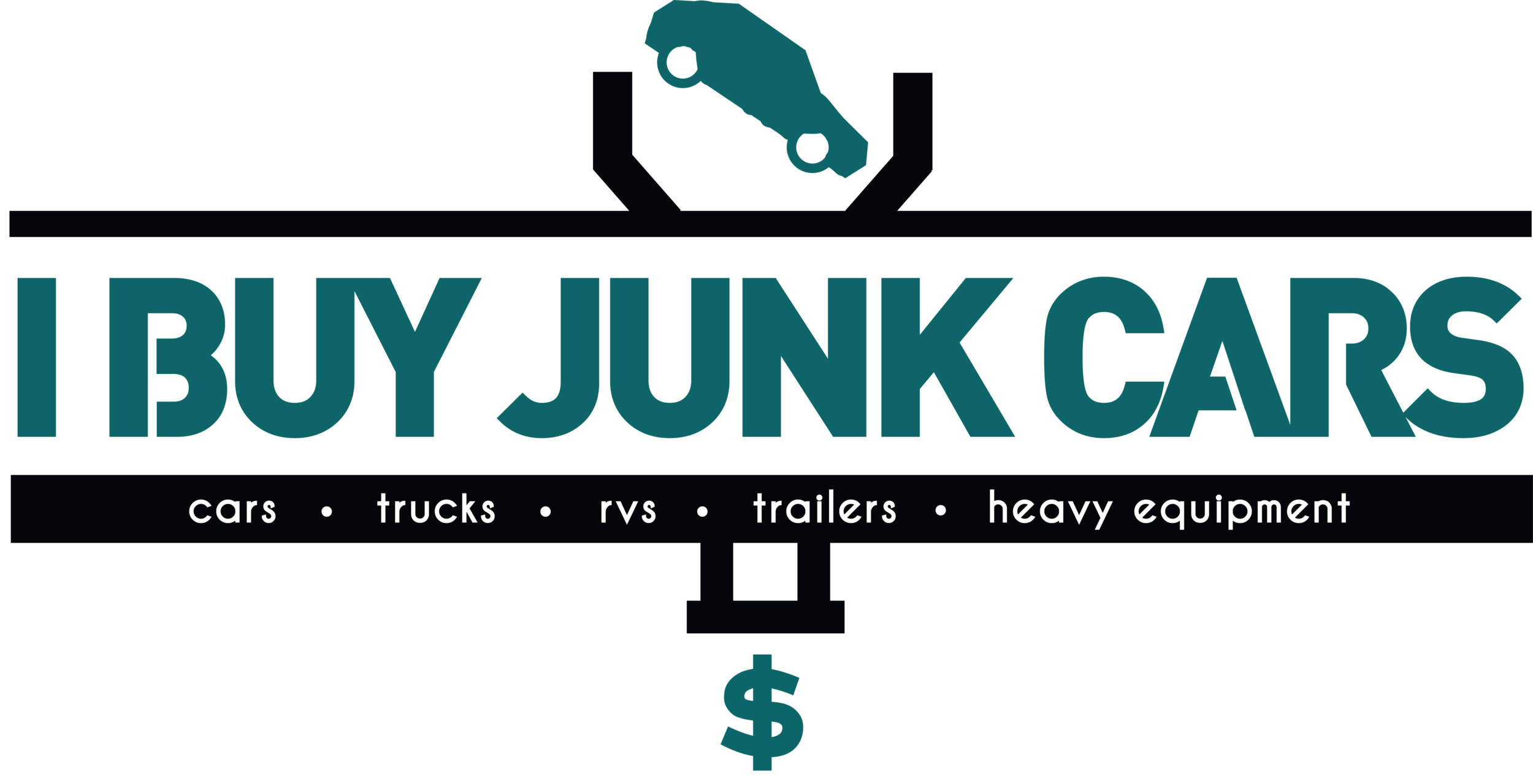What Happens to a Junk Car After It’s Towed Away
Understanding the journey of a junk car provides insight into the recycling process and how these vehicles contribute to sustainability.
Selling a junk car can feel like a weight lifted off the shoulders, but has anyone wondered what happens to the vehicle after it’s towed away? Understanding the journey of a junk car provides insight into the recycling process and how these vehicles contribute to sustainability. A junk car buyer is crucial in handling everything from collection to recycling.
Assessing The Vehicle’s Condition
Once the car is towed to the junk car buyer’s facility, it undergoes a thorough assessment to determine its condition and value. Major components such as the engine, transmission, and catalytic converter are evaluated for functionality or salvage potential. The vehicle’s age, make, model, and extent of damage influence its value and the next steps in the recycling process.
Draining And Disposing Of Fluids
Junk cars often hold fluids such as oil, coolant, brake fluid, and transmission fluid, which must be removed before further processing. These fluids are drained and handled carefully to prevent environmental contamination. Some fluids can be filtered and reused, while others are disposed of according to environmental regulations.
Removing And Recycling Usable Parts
Many parts from a junk car can be salvaged and reused. Components such as tires, batteries, alternators, and starters are inspected for usability and sold to repair shops or individuals looking for affordable replacements. Junk car buyers prioritize recycling to minimize waste, certifying usable parts are given a second life instead of being discarded.
Processing Scrap Metal
The metal from a junk car is one of its most valuable components. After removing usable parts, the car’s frame and body are processed as scrap metal. This involves crushing or shredding the vehicle into smaller pieces, which are then sorted by material type. Steel, aluminum, and other metals are divided and sent to recycling facilities, where they are melted down and reused to produce new products.
Handling Non-Recyclable Materials
Not every part of a junk car is recyclable. Certain plastics, upholstery, and rubber may not have immediate reuse potential. These materials are separated from recyclable components and disposed of responsibly. Advances in recycling technology continue to boost the ability to refine a broader range of materials, reducing the environmental impact of waste.
Contributing To Sustainability
The recycling process for junk cars has significant environmental benefits. Recycling metals reduces the need to mine raw materials, conserve natural resources, and reduce energy consumption. The automotive industry lowers its carbon footprint by reusing parts and materials and contributes to a circular economy. A junk car buyer is pivotal in verifying that vehicles are processed responsibly and efficiently.
Preparing For Future Vehicles
Some parts removed from junk cars are refurbished and used to produce new or remanufactured vehicles. This practice supports cost-effective manufacturing and extends the lifecycle of automotive components. The metals recovered from junk cars are also crucial for producing new vehicles, creating a continuous reuse cycle.
Offering Economic Benefits
The junk car industry provides economic benefits by creating recycling, dismantling, and refurbishing jobs. Additionally, selling a junk car puts money back into the seller’s pocket, providing value for vehicles that might otherwise sit idle. The sale of usable parts and scrap metal supports industries reliant on affordable materials, contributing to economic growth.
Simplifying The Process For Sellers
Junk car buyers simplify the process for sellers by handling all aspects of towing, assessment, and recycling. Free towing services, on-the-spot payments, and environmentally responsible practices make selling a junk car a hassle-free experience. By working with a trusted junk car buyer, sellers can be confident that their vehicle will be processed in compliance with environmental and industry standards.
The Lifecycle Of A Junk Car
From the moment a junk car is towed away to its final transformation into recycled materials or refurbished parts, the process reflects a commitment to sustainability and resourcefulness. Junk car buyers are essential in managing this journey, guaranteeing that vehicles are handled responsibly and with minimal environmental impact. Selling a junk car is not just a way to free up space but a step toward supporting a more sustainable future.
If you are in the Phoenix Metro area and want a no-hassle cash quote for an old, wrecked, unwanted, salvage or burned car, SUV, van or truck, give us a call at I Buy Junk Cars. 480-771-8290.

